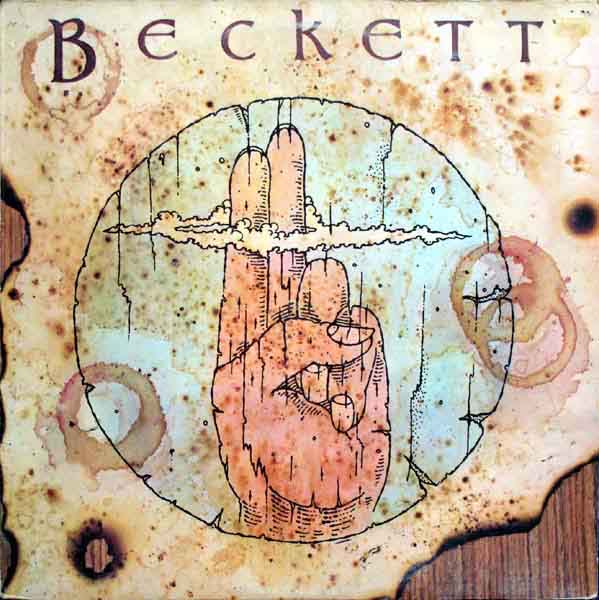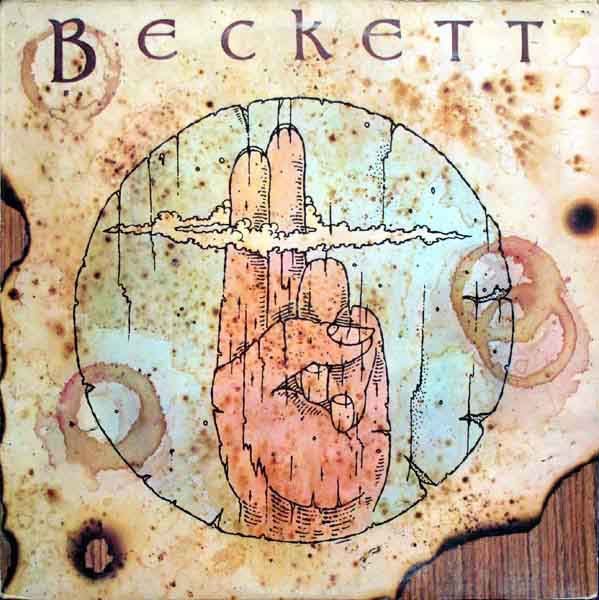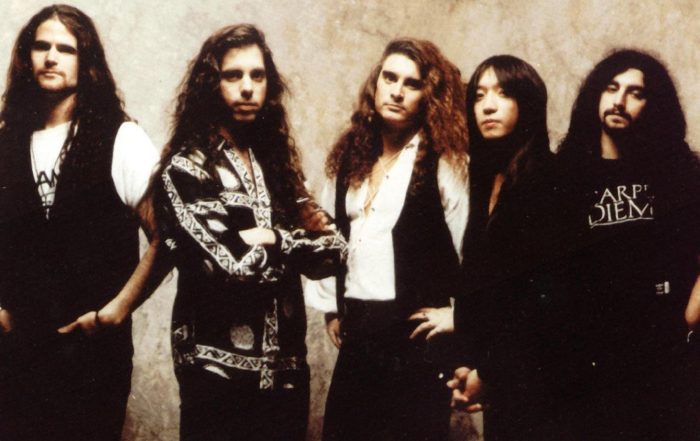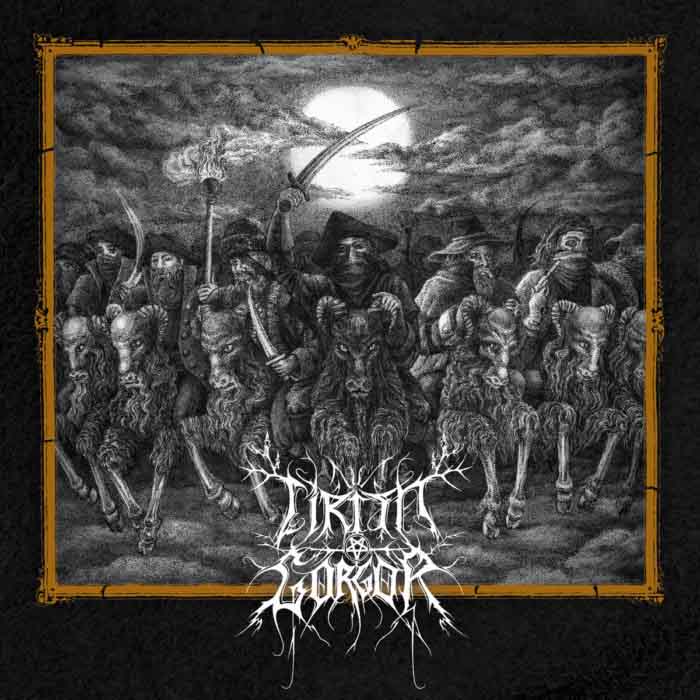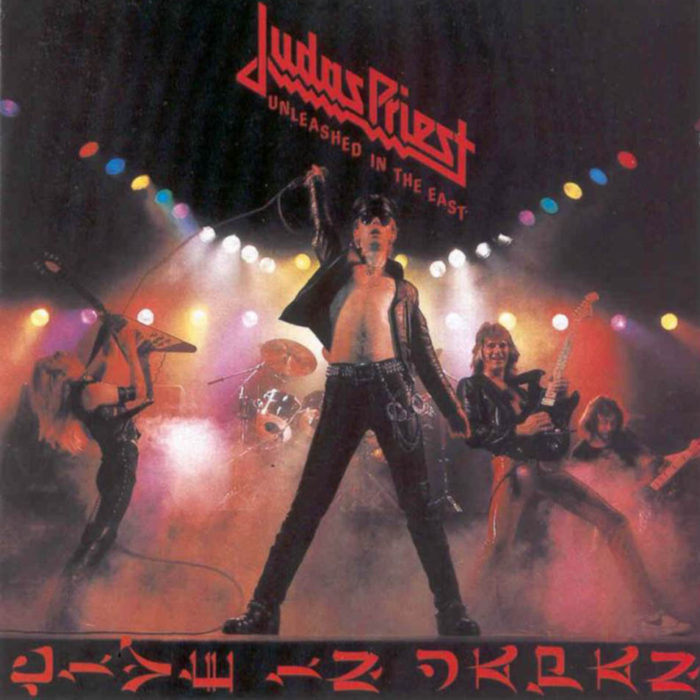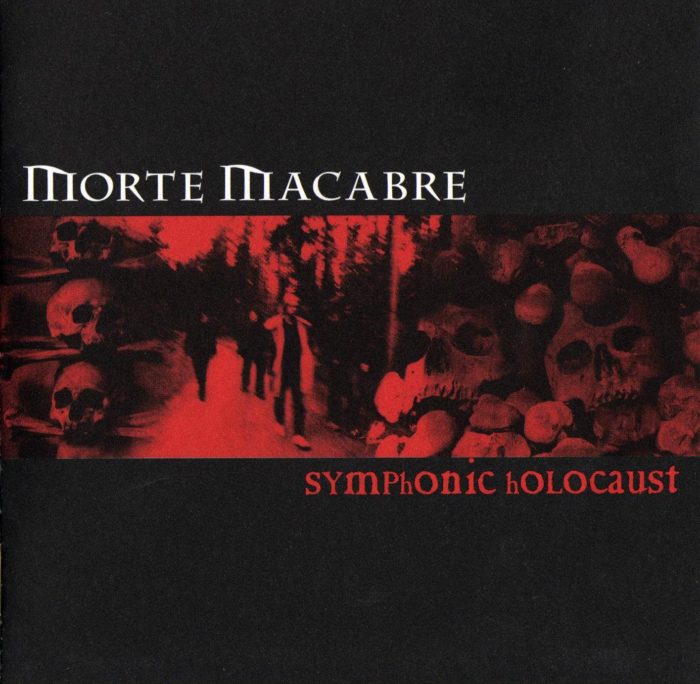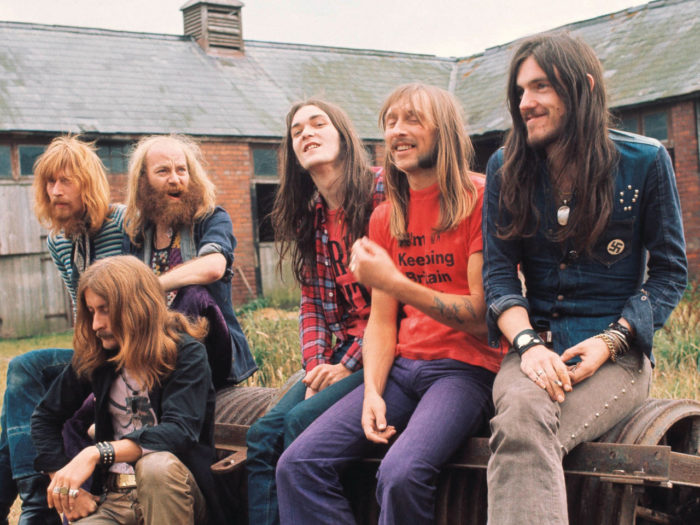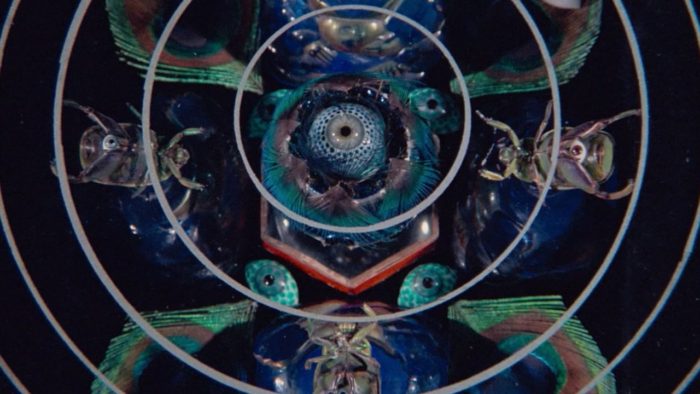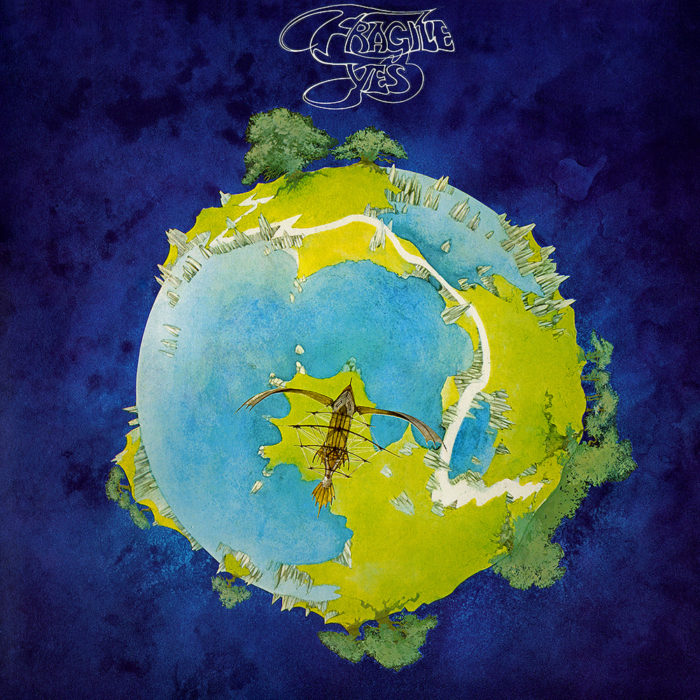
By Johan P, with the amiable assistance of David Rosales. This review continues Death Metal Underground’s 1970s Progressive Rock for Hessians series.
In this part of the article series “1970s Progressive Rock for Hessians”, I have chosen to take on the English group Yes‘ fourth album Fragile from 1971. While their fifth effort, Close to the Edge, is generally regarded as their creative peak and definite statement, Fragile was more important for the development of the nascent progressive rock genre, and perhaps a more suitable entry point for someone who is getting into prog rock from a metal background. There is definitely a sense of power in the works of Yes even if it takes on a different form than what we are used to in metal music. Where early metal bands like Black Sabbath expressed a gritty, doom-laden heaviness through guitar-centered power chord riffing, Yes opted to build momentum through a more instrumentally integrated approach. That is not to say that there are no heavy guitar parts on ‘Fragile’, but here the guitars assume a somewhat different role than in metal.
(more…)
19 CommentsTags: 1970s, 1970s Progressive Rock for Hessians, 1971, Fragile, musical analysis, prog rock, progressive, progressive rock, rock, Yes
